

A gastric ulcer is an open sore in the stomach lining. It's sometimes called a peptic ulcer. This is a more general term for ulcers that may be in the stomach or the upper part of the small intestine. Ulcers can cause pain. But they may also have no symptoms for a long time.
Ulcer symptoms may appear and then go away for a time. Symptoms of a gastric ulcer may include:
Gastric ulcers can have serious complications. These can include:
An ongoing infection with H. pylori may be a risk factor for stomach cancer. This is one reason it's important to get rid of these bacteria
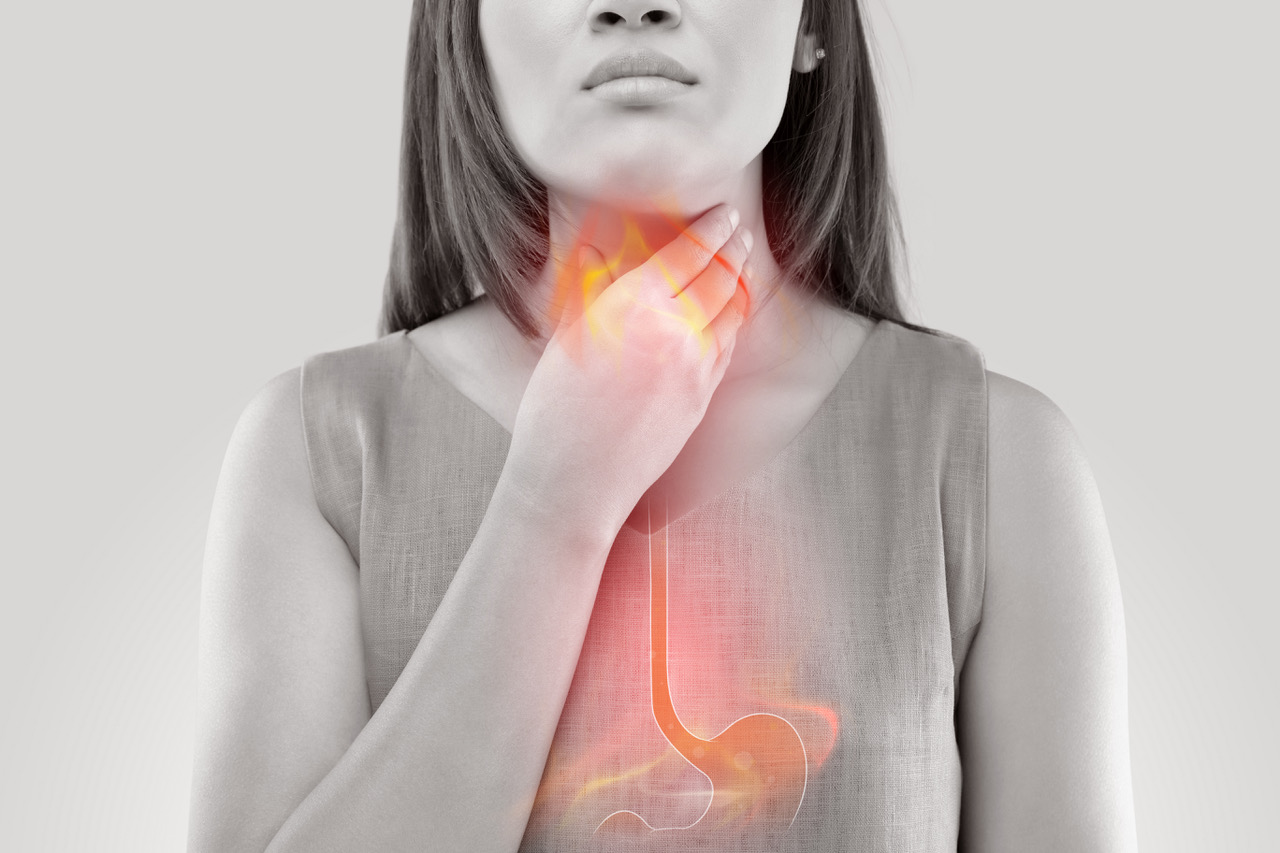

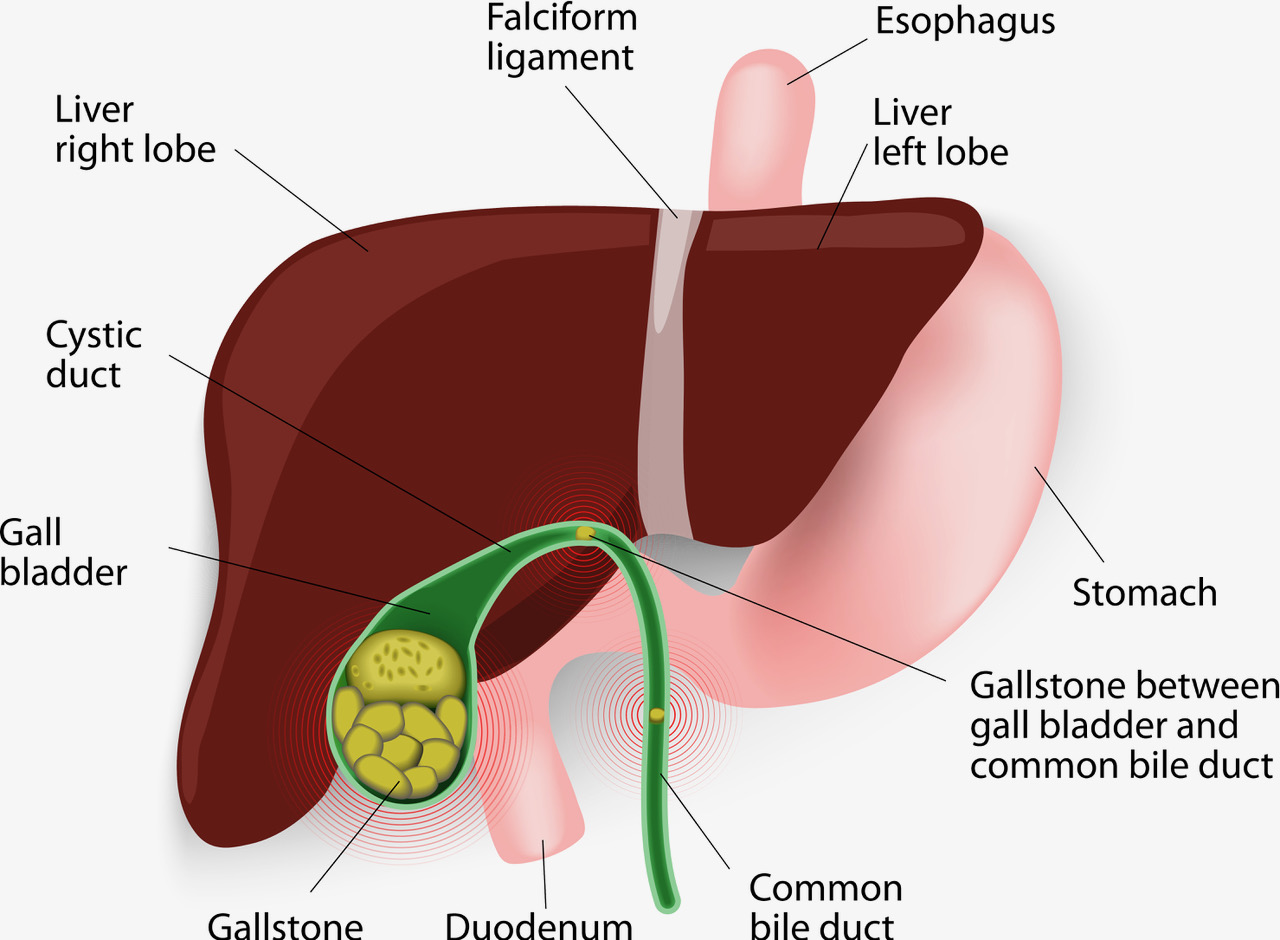
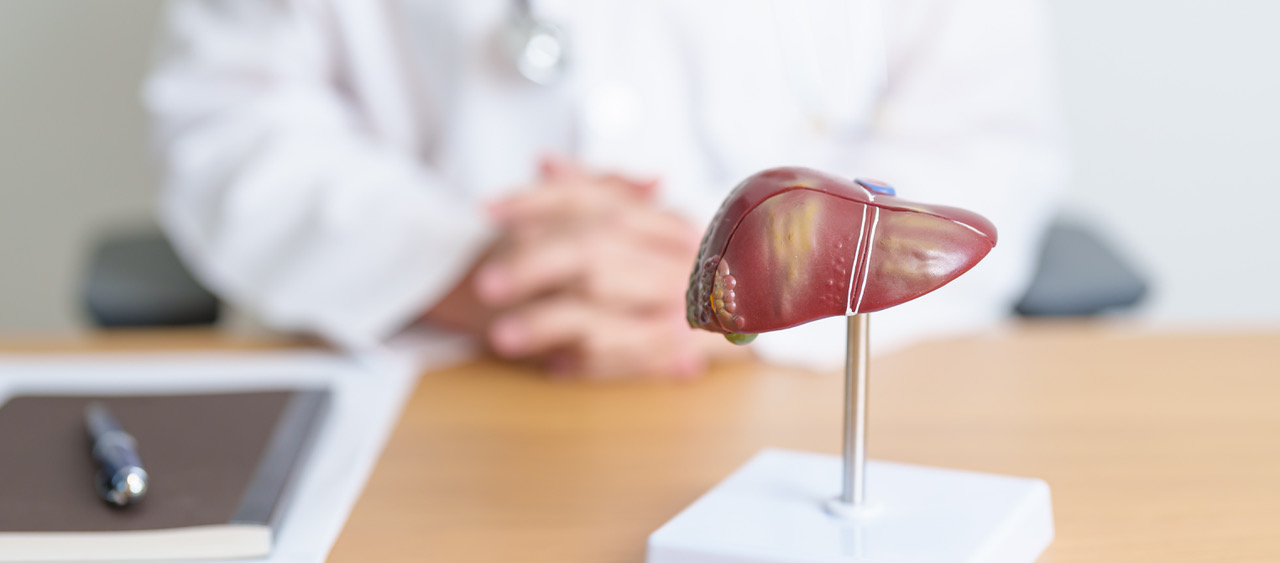
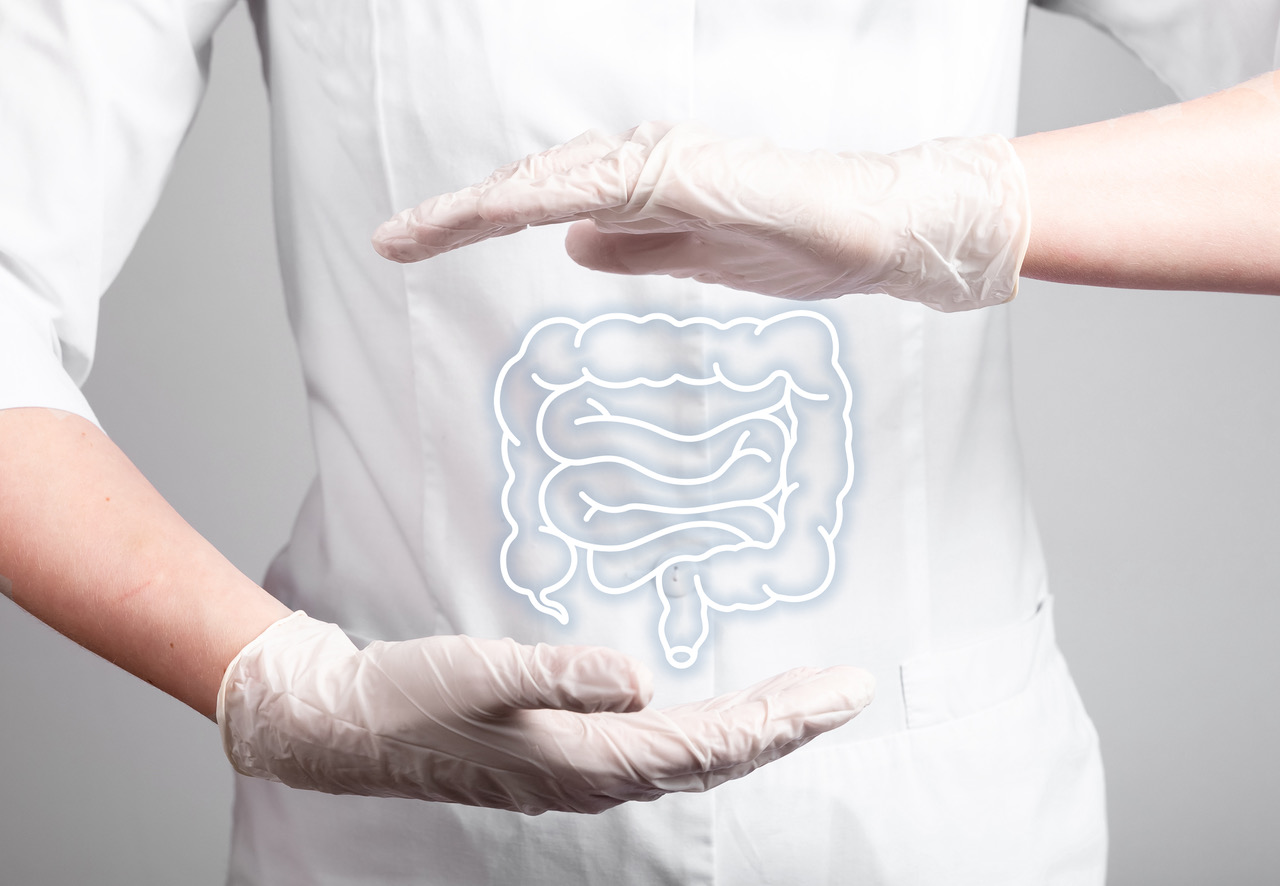

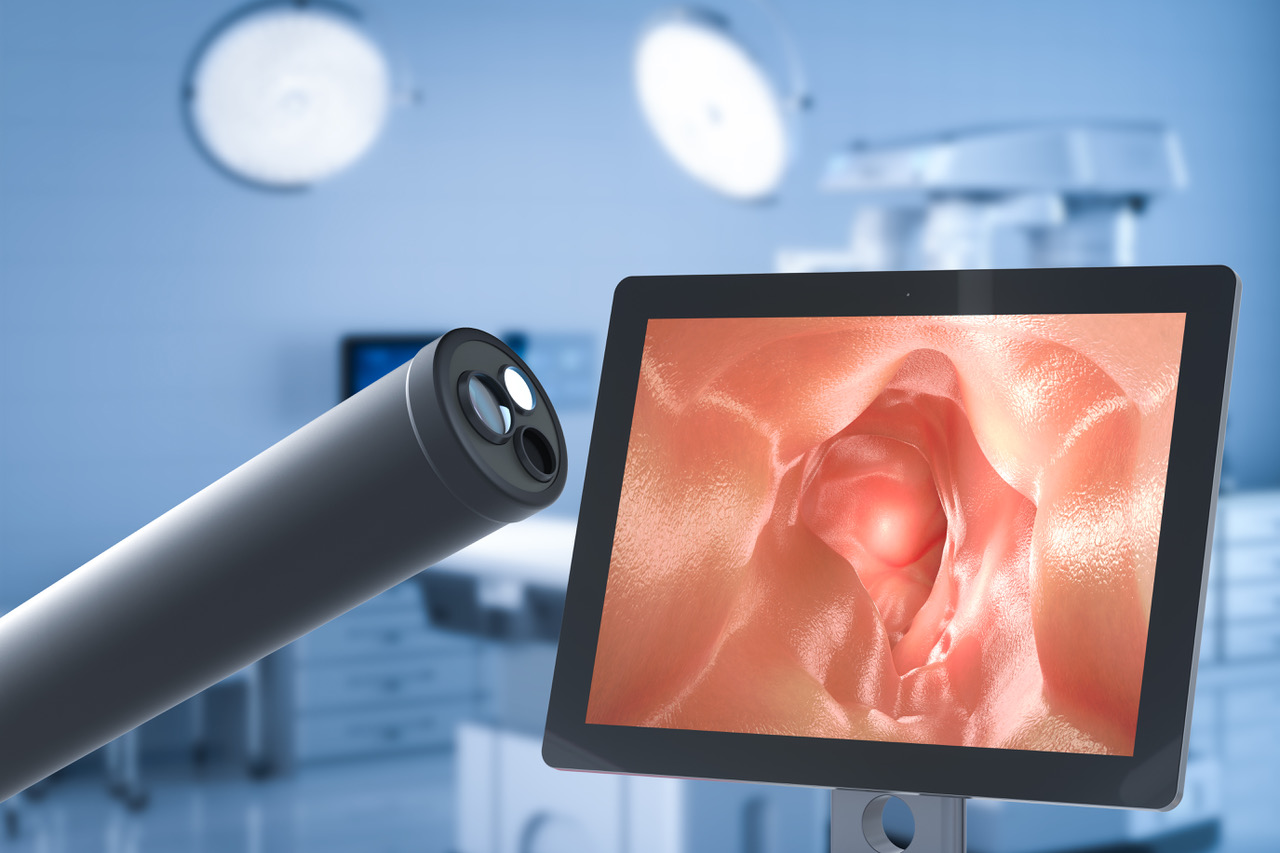
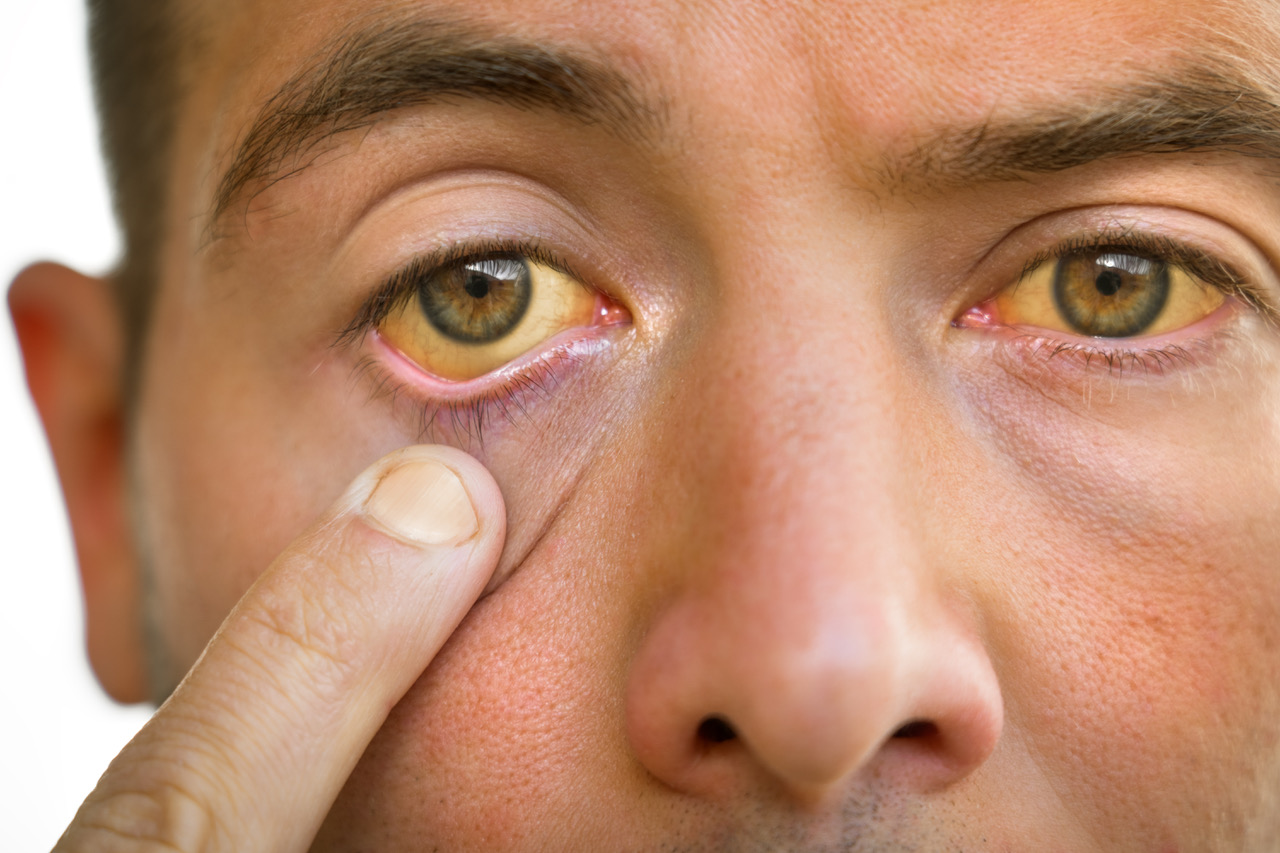


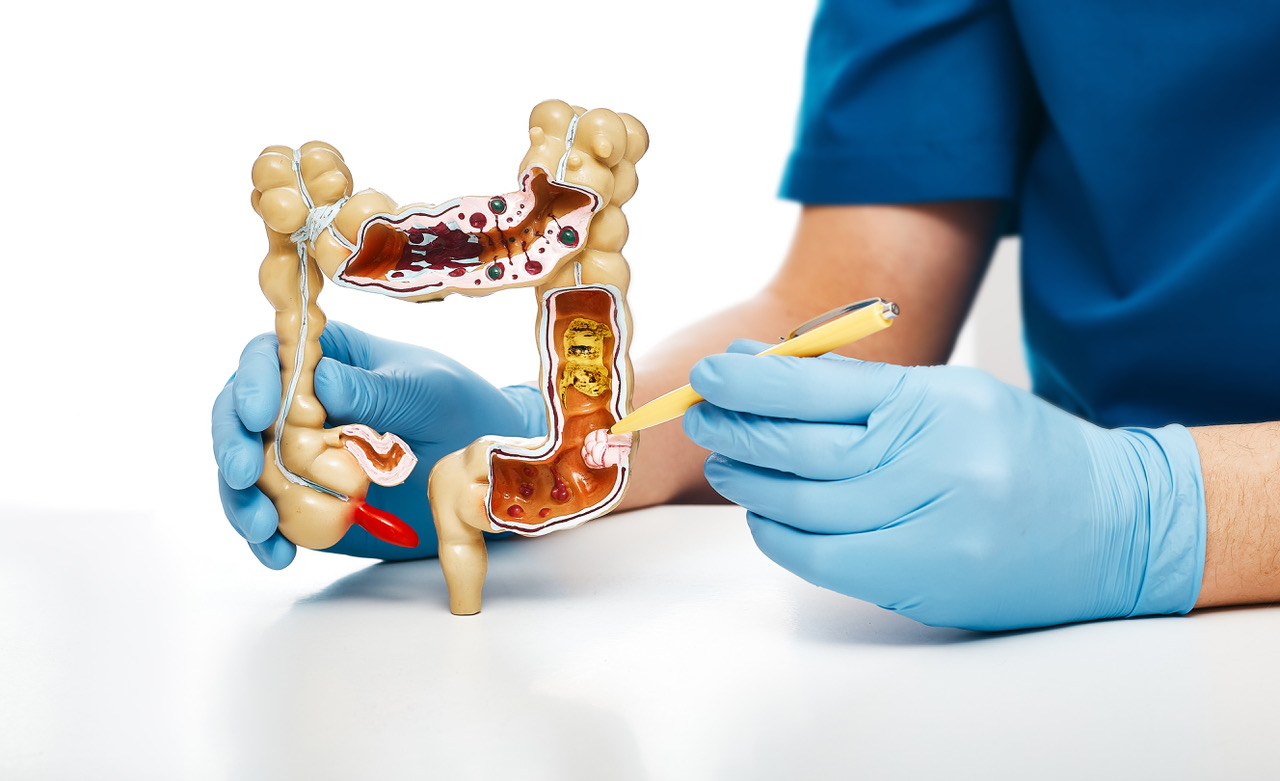
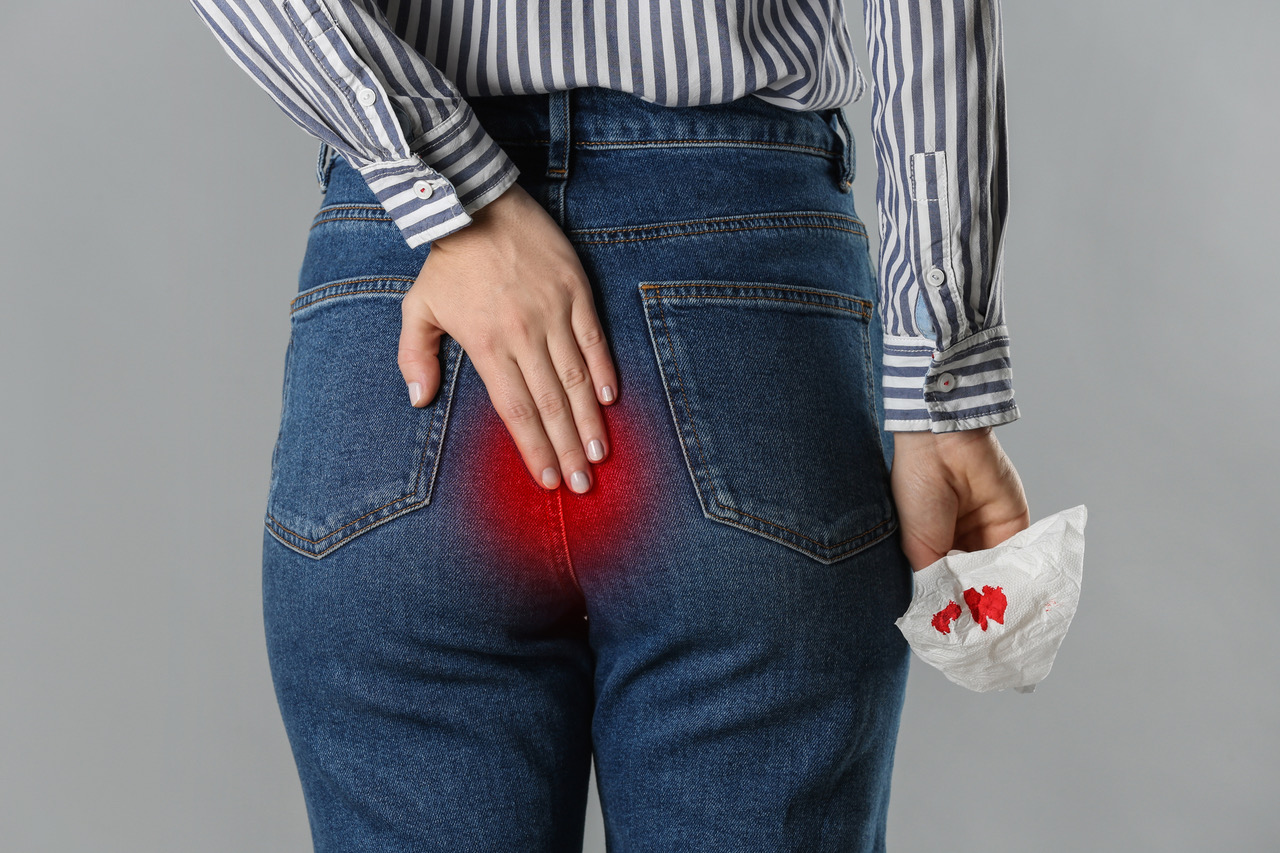

Contact Us
Covina Location
500 W. San Bernardino Rd, Suite B Covina, CA 91722
(626) 960-2326
Glendora Location
415 W. Route 66, Suite 102 Glendora, CA 91740
(626) 610-2112